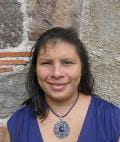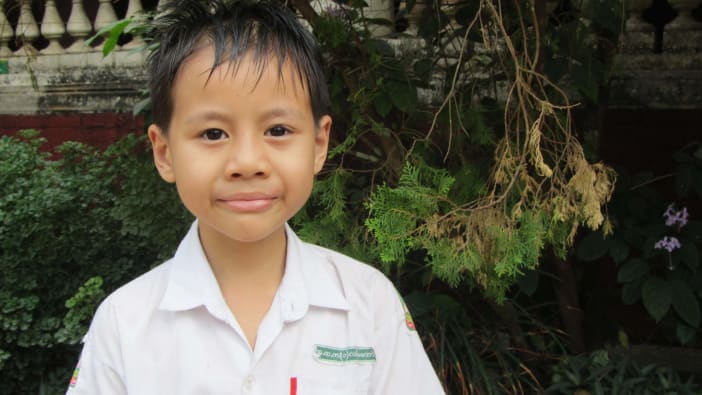Distance learning is a way of studying a course without attending classes in a fixed location. The course material and students’ coursework may be sent by post, emailed or provided on an internet platform. Tutors at the academic institution usually provide support by telephone, letter or email. This form of learning is ideal for those in more remote settings or who want to study alongside their everyday work. Here Gengly Marisol Gutiérrez, a social worker at Acción Médica Integral (AMI) San Lucas in Guatemala, tells us about her experience.
What course did you study by distance learning?
The distance learning course was called ‘Promoting Child Participation’.
What inspired you to take this course?
I wanted to learn more and to bring myself more up to date about the subjects that are addressed in the course and which relate to my own work. I’m passionate about everything to do with childhood and adolescence, themes which are central to our work at AMI San Lucas.
I was also interested in knowing more about the participation of Latin American children and adolescents within their homes, in education, in the community and in national life as a whole.










